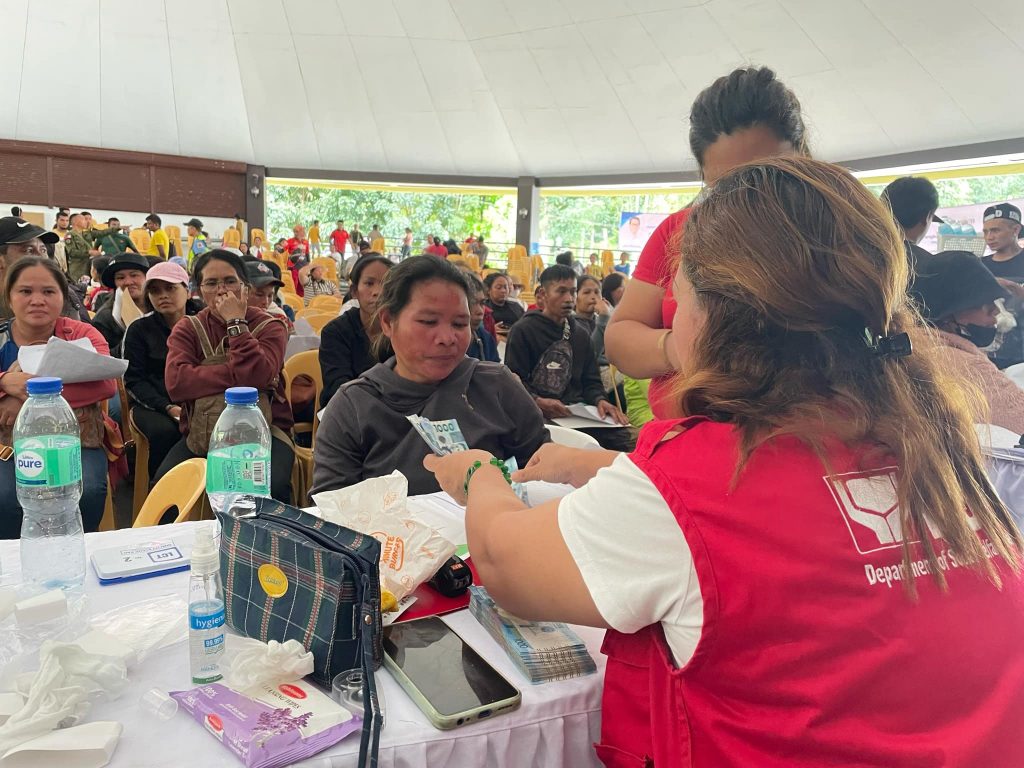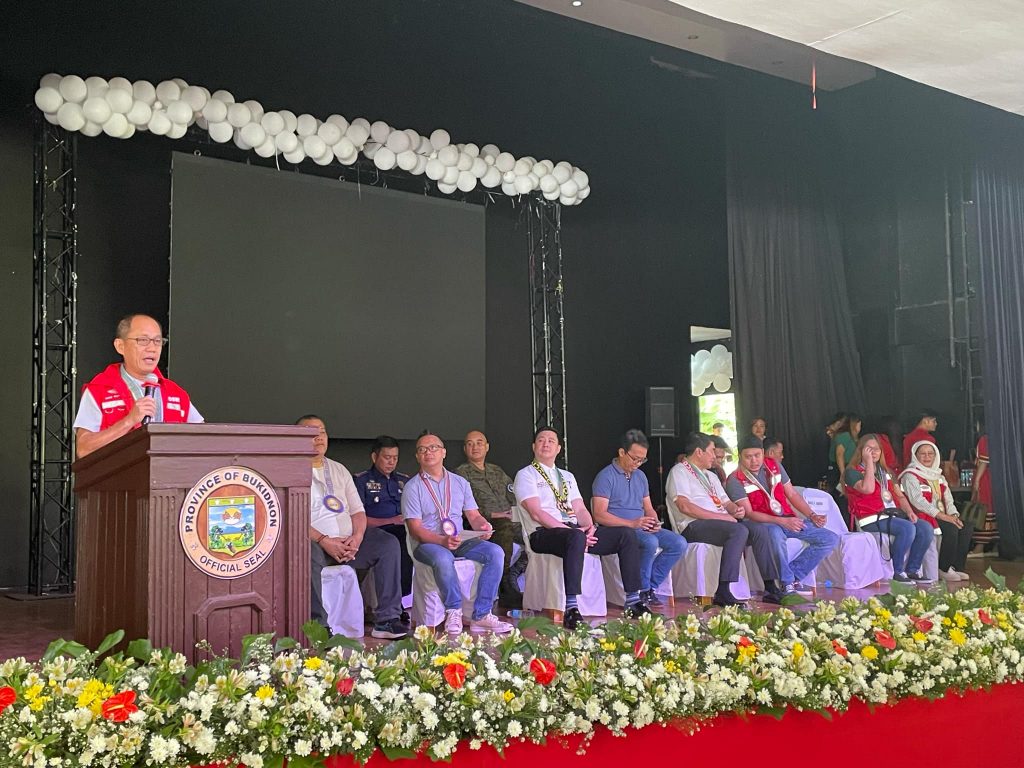MALAYBALAY CITY, Bukidnon – The Department of Social Welfare and Development (DSWD) Sustainable Livelihood Program (SLP) Field Office 10 has officially launched its payout initiative, benefiting 1,110 households across Bukidnon, with a total funding amount of ₱16,650,000.00. This initiative aims to provide financial assistance and empower communities to enhance their livelihood prospects.

The payout, which includes 19 Sustainable Livelihood Program Associations (SLPAs) consisting of 364 households and 746 Individual Referrals, is a significant step toward improving the economic conditions of local beneficiaries. Each household and individual referral will receive a Seed Capital Fund of ₱15,000.00 to help jumpstart their livelihood ventures. The payout covers beneficiaries from various towns, including Malaybalay City, Lantapan, Cabanglasan, San Fernando, and Impasug-ong.
In addition to the financial support, the SLP program will offer capability-building trainings and partnership interventions to help beneficiaries enhance their business management skills and knowledge. This comprehensive support will provide them with the tools needed to manage and sustain their livelihood projects, ensuring long-term success.
The event was attended by key government officials, including Asec. Florentino Y. Loyola Jr., Assistant Secretary for Specialized Programs under the DSWD Operations Group; Hon. Edvic G. Yap, and Hon. Erwin T. Tulfo. They were warmly welcomed by Hon. Brian Nelson T. Flores, City Councilor of Malaybalay City; Hon. Jonathan Keith T. Flores, Congressman of District 2 of Bukidnon; DSWD FO-10 Regional Director Ramel F. Jamen; and Regional Training Officer Keith Jeremiah Langajed, who provided an overview of the SLP program.

The SLP continues to empower communities, equipping participants with the necessary resources to create sustainable livelihoods and build a brighter future for themselves and their families.
About the DSWD Sustainable Livelihood ProgramThe Sustainable Livelihood Program (SLP) is a poverty reduction initiative of the Department of Social Welfare and Development (DSWD), aimed at providing opportunities for individuals and communities to engage in sustainable livelihood activities. Through skills training, financial support, and capacity-building interventions, the program helps beneficiaries improve their socio-economic status, enabling them to achieve economic independence and stability.


